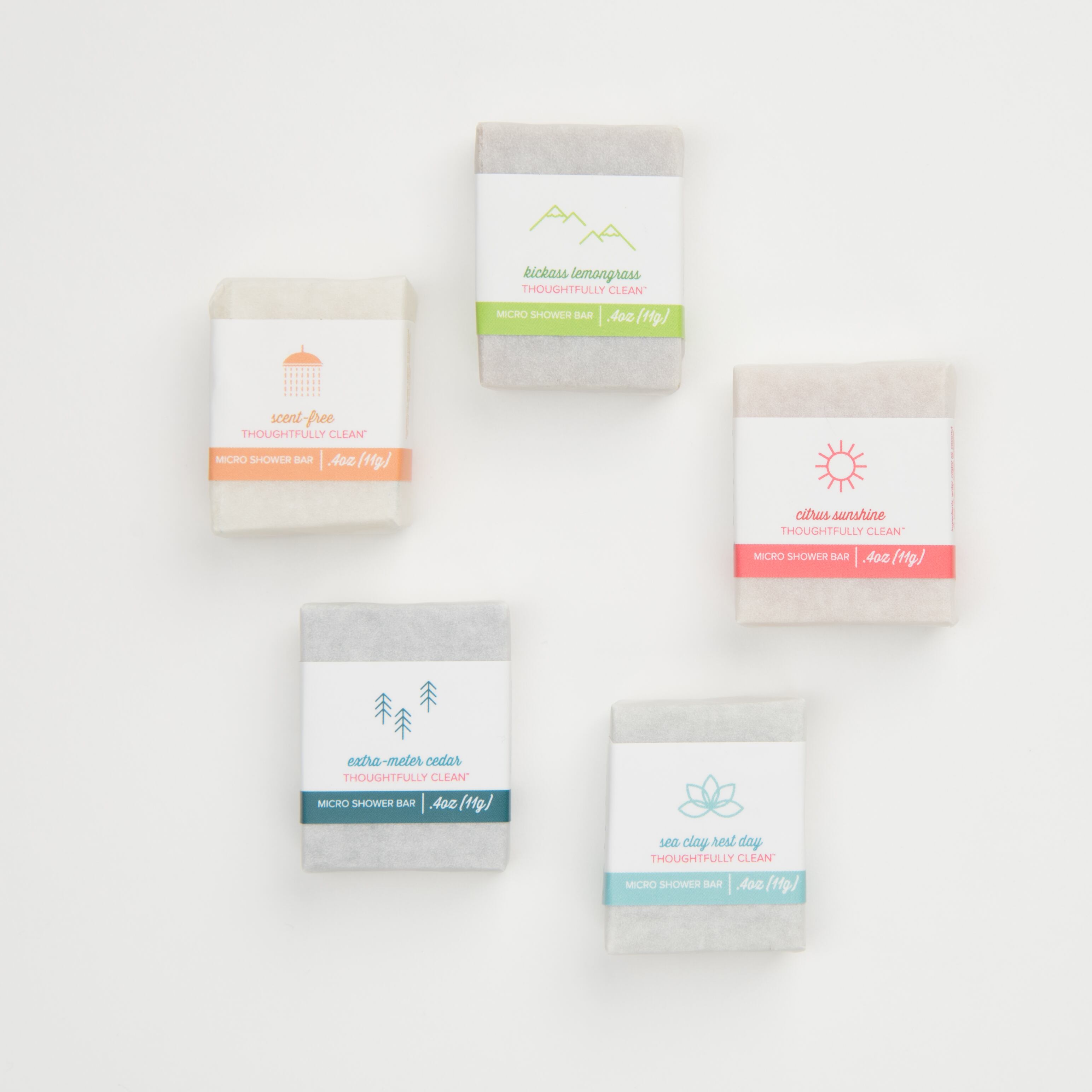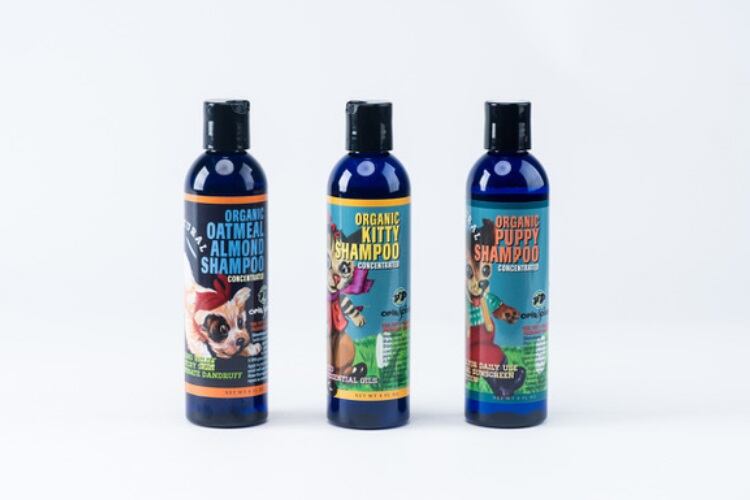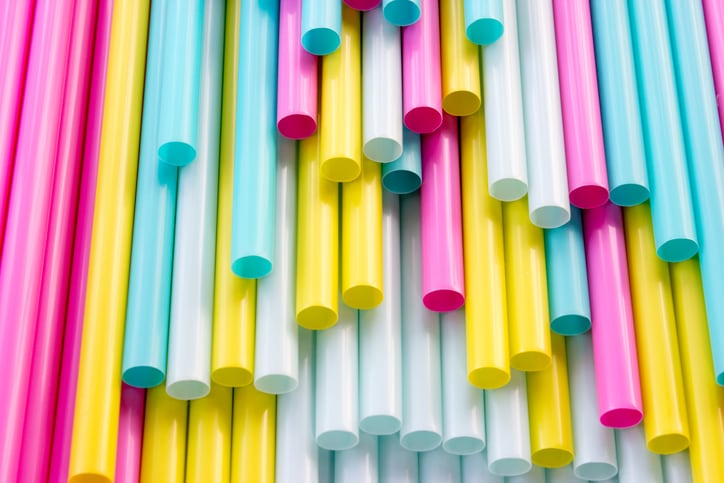About 40% of all plastic produced is packaging, and more than 29 million tons of waste is generated each year from packaging alone. Straws make up just 4% of plastic waste that’s polluting the world’s oceans.
But food and beverage chains, local governments and entertainment venues have begun banning plastic straws in 2018 in an effort to reduce their carbon footprint and be more environmentally sustainable.
The bans have faced a lot of pushback from disability rights advocates as well as environmental groups who say that major corporations are just following the latest eco-friendly trend, and aren’t actually doing enough.
By using minimal packaging and sustainable materials like recyclable paper and energy efficient ink, brands can elevate their impact beyond plastic straws, according to Frontier Label.
Slipping through the cracks
Jared Powell is CEO of Frontier Label, a custom label company that creates more sustainable product labels with stone paper, black and white designs and energy and ink efficient logos. He spoke to BeverageDaily about the straw laws and why they are being challenged.

“Its main flaw is that it’s not going to make a big impact on the problem of plastic waste, but it is a start,” Powell said. “It's not just straws, it's all small plastics that are extremely difficult to recycle. When recyclables and trash are being sorted, small plastics literally fall through the cracks and go straight to the landfill,” he said.
Though plastic straw use can be a focus of waste reduction, it shouldn’t be the only one. Some brands have already been committed to lessening their business’ impact on the environment and are being rewarded for it, like Lush.
Lush has built a strong consumer base for its personal care and cosmetic items with the use of minimal, eco-friendly packaging. Consumers turn to the brand for environmental consciousness and have supported it into the mainstream.
Powell points to Boxed Water as another eco-friendly brand leading the way in creative sustainability not only with their packaging, but with efficiency and business practices as well.
Simplistic designs are key
According to Powell, other brands can follow Lush’s example by using eco-friendly materials, using less ink and reusing and recycling wherever possible.
Frontier Label uses stone paper in its products, “a combination of calcium carbonate and resin that gives labels the feel of paper without the waste.” Recycled paper options like recycled beach plastic also cut down on environmental strain.
Ink has a major effect on pollution, and Powell says that brands should consider outside factors when designing labels and other marketing and product materials. Certain dyes, fonts and inks create more pollution than others, while certain combinations like black ink on recycled paper use less ink while still delivering rich colors.
There are several ways that brands can amend their business and product packaging to better help the environment, and the average consumer should be mindful of who is committing to the process.
“Consumers can do their part by paying attention to brands that are taking the time and care to use materials and eco-friendly tactics for their products,” Powell said.


